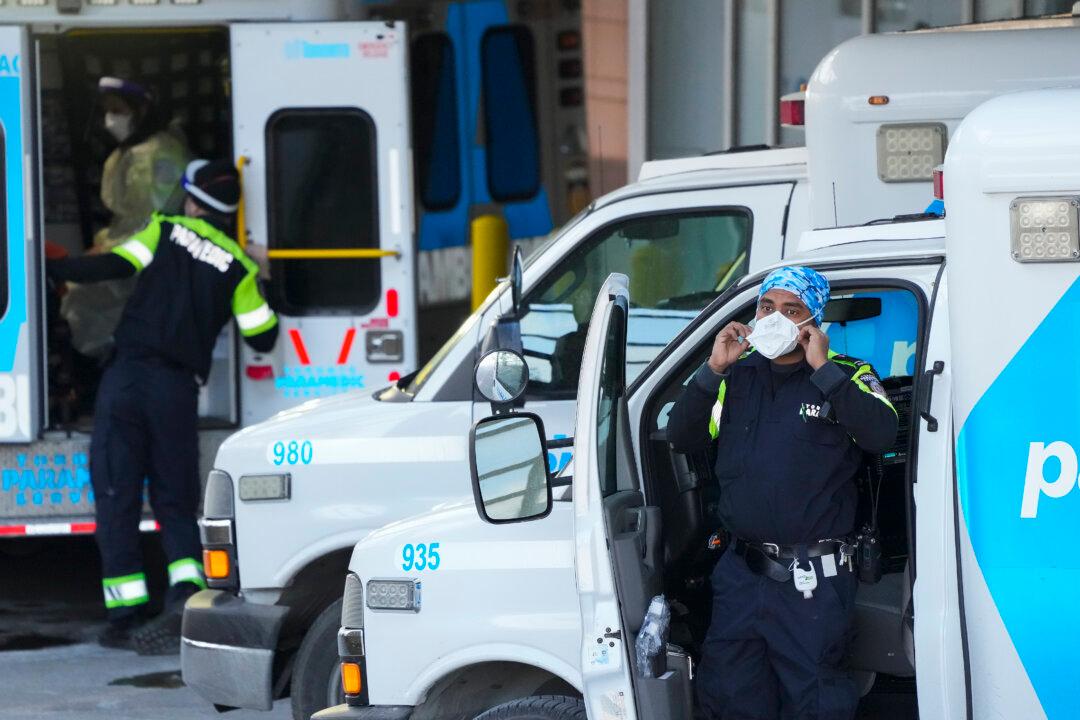Ontario is making it possible for internationally trained nurses to work in health-care settings that are strained by staffing shortages, Health Minister Christine Elliott says.
Elliott announced at a press conference on Tuesday that the province is deploying internationally educated nurses to hospitals and long-term care homes that are short-staffed, part of a collaboration between Ontario Health and the College of Nurses of Ontario (CNO).





